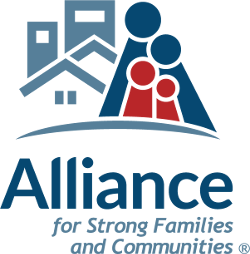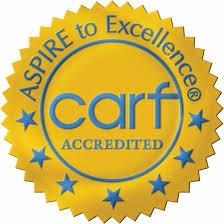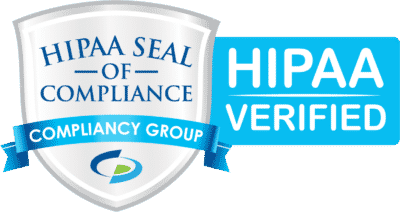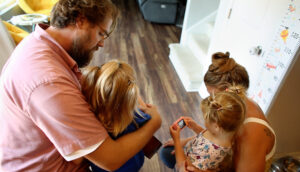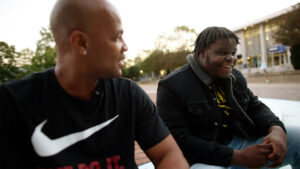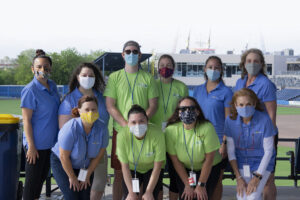Wraparound Care for Foster Families
Comprehensive Support for Foster Families—Before, During, and After Placement
Ready to find out more?
Comprehensive Training
Before becoming a foster parent, you’ll take part in PRIDE training—a trusted program used across the country. This training helps you build the skills you need to care for children who have experienced trauma, loss, or tough situations.
You’ll learn how to create a safe, loving home and how to work as part of a team that supports the child’s well-being. PRIDE also helps guide the home study process and gives you tools to feel more confident and prepared for the journey ahead.
We’re with you every step of the way—starting with training that truly makes a difference.
Parent Resources for Information, Development, and Education
PRIDE model of practice is a training program designed to prepare and assess prospective foster or resource parents as team members in child protection and the trauma informed care of children.
The PRIDE Model of Practice recognizes that foster and adoptive parents are a rare, valuable resource. Without them, children who must be separated from their families of origin would not have the benefits of family living. PRIDE also emphasizes that to be any kind of parent (birth, foster, adoptive) is a privilege, not a right; but for children to be protected, that is a right, not a privilege.
Integral to the PRIDE Model of Practice is the understanding that protecting and nurturing children at risk and strengthening all their families (birth, foster, or adoptive) requires teamwork among individuals with diverse and culturally responsive knowledge and skills, but all working from a shared vision and toward a common goal. Resource parents are essential members of this team. They, like caseworkers, require preparation and training to acquire the knowledge and skills needed to be effective in their work. The aim of the competency-based approach is to assure that resource families are willing, able, and have the resources to meet the needs of traumatized children and their families to the fullest possible extent.
Five Categories of Competency
- Protecting and nurturing children.
- Meeting children’s developmental needs, (which includes health, intellectual growth, appropriate discipline, cultural and sexual identity, social skills, academic progress, as well as ameliorating the effects of trauma and other developmental challenges or delays).
- Supporting children’s relationships with their birth families (because whether children have a little contact, a lot of contact, or no contact with their families they have feelings about them, and best practice dictates that child welfare services promote healing between children and their families).
- Connecting children to safe, nurturing relationships intended to last a lifetime (or permanency, because children need continuity, commitment, legal and social status that comes from having a family of one’s own).
- Working as a member of a professional team.
The competencies were developed from a comprehensive analysis of the roles of foster and adoptive parents. They were grouped into the five categories that had been framed by the National Commission on Family Foster Care, convened in 1991 by CWLA and the National Foster Parent Association (NFPA) and published in the book, A Blueprint for Fostering Infants, Children, and Youths in 1990s. These competencies follow a progression of learning operationalized at the pre-service (prior to child placement) and core (within the first two years of service) levels, and continue through the development of advanced and specialized skills.
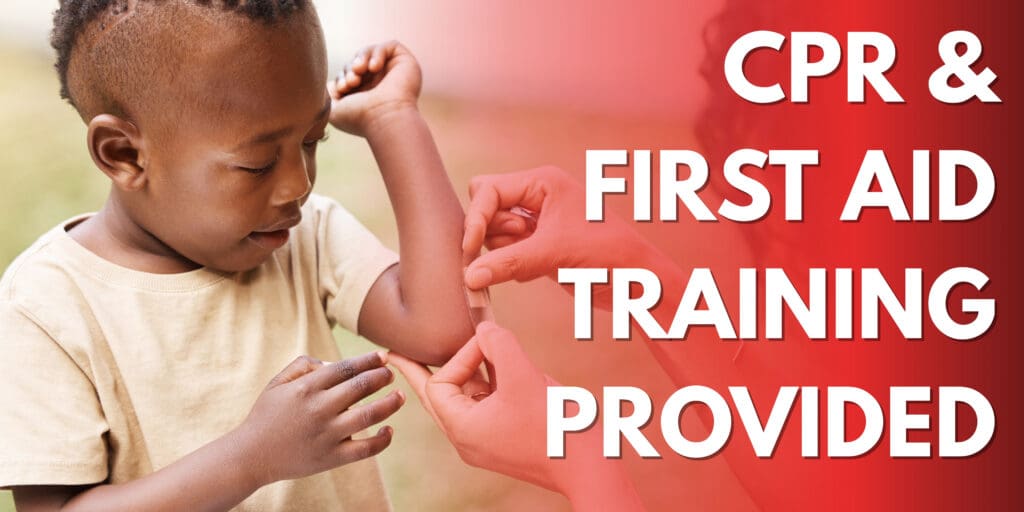
The Up Center Network
As a member of our Foster Care Family, you will have direct access to our other care and support programs.
Counseling Services
The Up Center offers a comprehensive array of trauma-informed, evidence-based mental health counseling to help children and families manage life’s challenges.
Our team of counselors includes child and family therapists who are trained in a variety of brief, short-term, evidence-based interventions, including:
- Cognitive Behavior Therapy (CBT)
- Dialectical Behavior Therapy (DBT)
- Motivational Interviewing
- Solution Focused Treatments
- Eye Movement Desensitization Reprocessing (EMDR)
- Trauma Focused Cognitive Behavioral Therapy (TF-CBT) – a specially designed therapy to help children, adolescents and families overcome the negative effects of a traumatic experience
- Play and Art Therapy
Parenting Education Programs & Support
Our Early Childhood Home Visiting Programs increase children’s school readiness and success by improving parenting practices, increasing parental education and early childhood development, screening children for development and health issues, and linking families to community resources. These resources are available to Norfolk and Portsmouth residents for enrollment of children under three.
Housing & Financial Counseling
If you’re looking to purchase a new home or just need extra help budgeting, our Housing and Financial Counseling team is here to help.
Our HUD Certified housing counselors follow HUD and National Industry Standards, provide trauma-informed care, and are well trained with the skills and competencies needed to help individuals and families reach their housing and financial goals. There are no fees for services with the exception of Reverse Mortgage Counseling.
Interested in our other services? Just reach out to your Case Manager for next steps.
Community & Peer Resources
Foster parenting takes a village—and you won’t have to do it alone. We connect you with a strong network of other foster families, support groups, and community partners who truly understand what you’re going through.
You’ll have chances to share stories, ask questions, and learn from others who’ve walked a similar path. Whether it’s advice, encouragement, or just someone to talk to, you’ll always have people in your corner.
Ready for more information?
You’re Never Alone
We equip you with compassionate, evidence-based parenting strategies, empowering you to create a nurturing and supportive environment.

